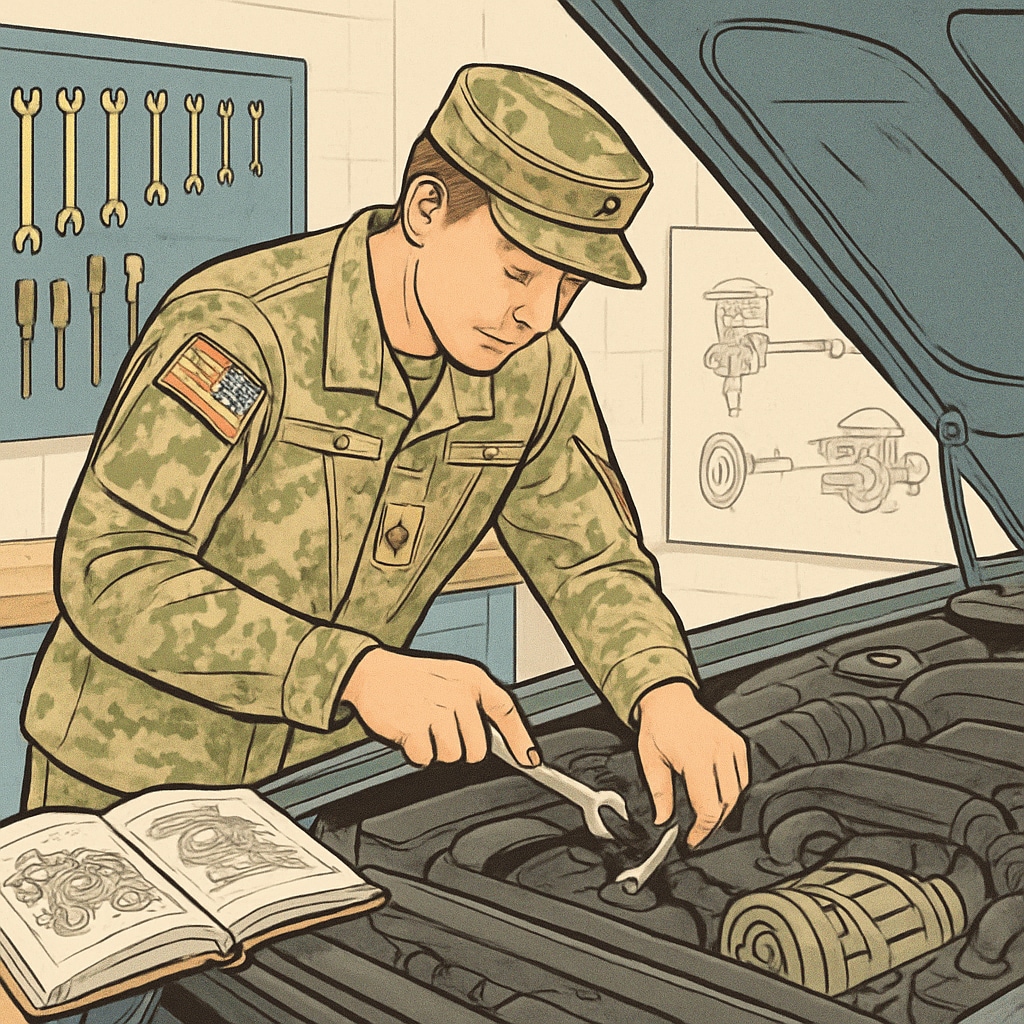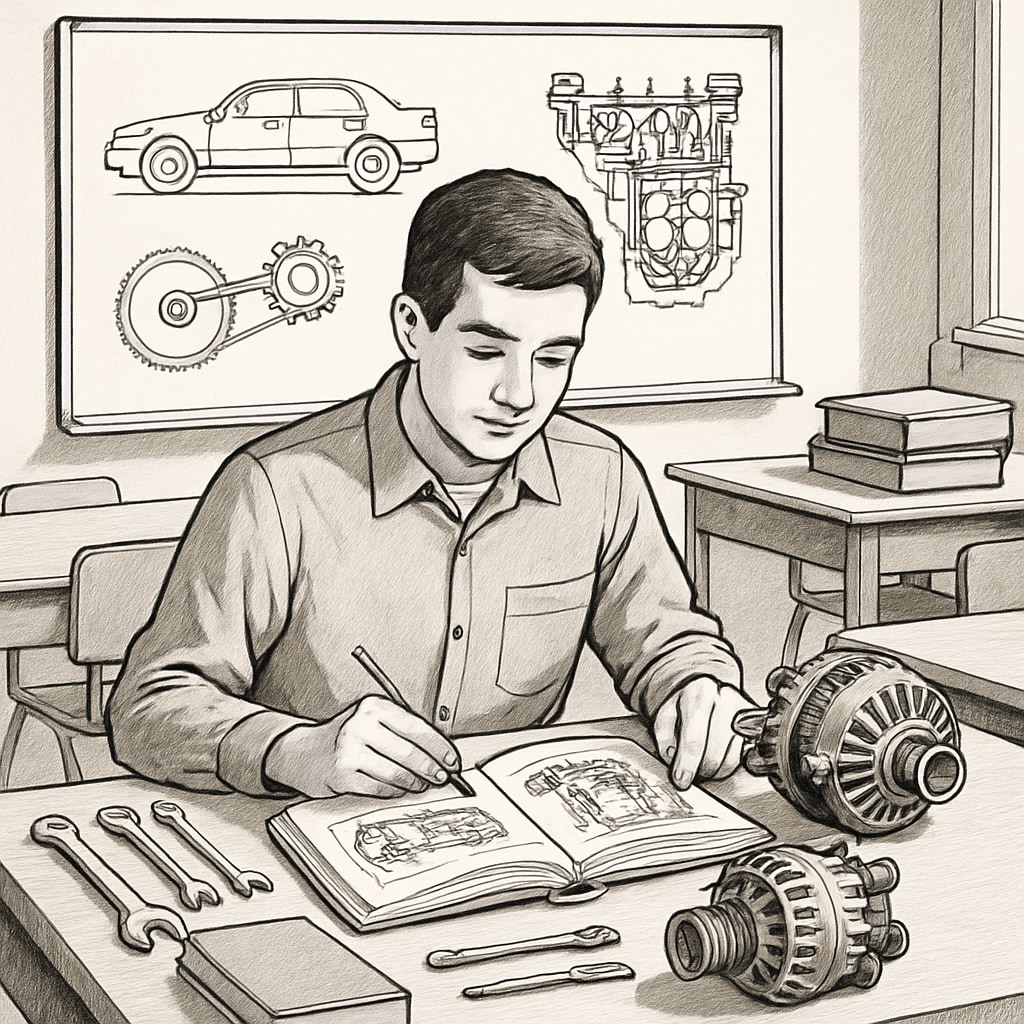Military families often face unique challenges, especially when balancing career demands with their children’s K-12 education. For military personnel with an associate degree in automotive technology, taking the next step toward a bachelor’s degree may seem daunting. However, with the right strategies, credit transfer systems, and community resources, achieving career and academic goals is entirely possible.

Overcoming K-12 Education Challenges for Military Families
Military families often experience frequent relocations, which can disrupt their children’s educational journey. These transitions can lead to gaps in curriculum alignment, social adjustment challenges, and difficulties accessing consistent resources. As a result, military parents must be proactive in ensuring their children succeed academically. Strategies such as maintaining communication with teachers, leveraging online learning platforms, and using military family support programs can make a significant difference.
For example, organizations like the Military Child Education Coalition (Military Child Education Coalition) provide resources to help families navigate these challenges. Additionally, schools with a high population of military families may offer tailored support programs to assist children in adapting to new environments.
Transitioning from an Associate Degree to a Bachelor’s Degree in Automotive Technology
Military personnel with an associate degree in automotive technology often wish to advance their qualifications to the bachelor’s level. The credit transfer system plays a crucial role in making this transition smoother. Many universities offer programs designed specifically for military students, allowing them to transfer previously earned credits from their associate degree into a bachelor’s degree program.
Key factors to consider include:
- Accreditation: Ensure the institution accepts credits from your associate degree program.
- Flexibility: Look for universities offering online courses or evening classes to accommodate military schedules.
- Financial Aid: Explore options like the GI Bill, which can help cover tuition costs.
Programs like those offered by universities specializing in automotive technology, such as Universal Technical Institute (Universal Technical Institute), can be excellent pathways for military personnel aiming to advance their careers.

Balancing Career, Education, and Family Responsibilities
Military personnel often juggle demanding careers while striving to further their education and support their families. Achieving this balance requires effective time management and leveraging available resources. For instance, many universities have dedicated military-friendly programs and advisors who can assist in creating tailored education plans.
Additionally, military families can benefit from community support networks. Local organizations, peer groups, and online forums can provide advice and encouragement. The use of technology, such as scheduling apps and virtual learning platforms, can also help streamline daily tasks and optimize time spent on education.
In addition to academic support, families should prioritize open communication and shared goals. Involving children in discussions about educational aspirations can foster a sense of unity and understanding within the family.
Conclusion: A Path Forward for Military Families
For military personnel, advancing from an associate degree in automotive technology to a bachelor’s degree is achievable with the right approach. By leveraging credit transfer systems, exploring military-friendly educational programs, and utilizing community resources, individuals can successfully balance career development with family responsibilities. Furthermore, addressing the unique educational challenges faced by military children ensures that the entire family thrives academically and professionally.
Military families are resilient and resourceful, and with the right tools and support, they can overcome any challenge. Whether in the barracks or the classroom, their dedication and commitment pave the way for a brighter future.


